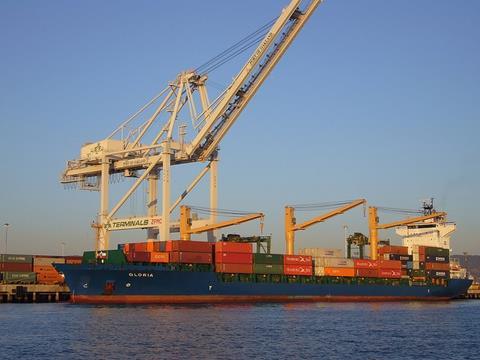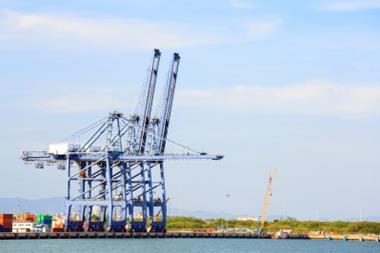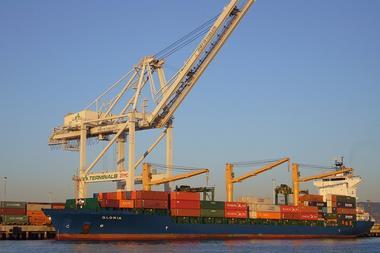Cargo owners are urged to rigorously select their overseas carrier and review their cargo insurance cover, as the shipping company’s insolvency could lead to a domino effect

Months after the bankruptcy of Hanjin, the full consequences of the insolvency of the seventh largest shipping company are still far from clear.
The world’s seventh largest shipping company filed for bankruptcy on 31 August, following a failure to restructure its debt.
The insolvency left £14bn worth of cargo stranded in ports and open waters across the globe. Within a day of the announcement, ports began to refuse to allow Hanjin vessels entry into their ports, for fear of not being paid port fees.
Since then, ‘safe havens’ have been arranged in various ports around the world – widely reported to be in South Korea, the UK, Japan and Germany – for Hanjin vessels to dock without immediate fear of arrest. However, there are still concerns in various other countries, so that vessels unable to reach ports in the ‘safe haven’ countries are still left at risk and at sea.
Steve Harris, senior vice president in Marsh’s Global Marine Practice, says: “A further development of ports requiring at least financial guarantees, if not actual payments, to allow the release of containerised goods in ports (in order to ensure port and pilot fees get paid) and in some instances refusing to accept empty Hanjin boxes, have been a continuing issue for the owners of goods being carried by Hanjin. These charges vary considerably from port to port, but are perhaps the inevitable response of ports concerned about their own income streams.”
The insolvency of the South-Korean shipping company has resulted in a delay in delivery for many companies. For some, this is a mere inconvenience, as they still possess adequate existing stocks, but for others it is a critical problem, most notably for the shippers of time sensitive goods, such as perishable foods and seasonal produce for such festivals as Divali, Thanksgiving and Christmas.
Possible domino effect
Harris believes it is far from inconceivable that other operators, many of whom are currently surviving under difficult market conditions, could fail too.
“Hanjin has shown that no operator is too large to fail; indeed the Hanjin failure could still precipitate a ‘domino effect’ among others in the logistics chain, so cargo owners need to ensure that going forward, their cargo insurance cover is clear on the consequences of overseas carrier insolvency and the cover provided is adequate.”
He adds: “If not already in place, additional clauses should be considered to clarify the cover provided by insurers, should such an event occur again, beyond the arguable cover provided under the standard Institute Cargo Clauses 2009, following the insolvency of the carrier.”
Marsh recommends shippers who deal directly with carriers to apply more rigour in the selection of their overseas carrier, to try to avoid any who already have adverse reports on their financial state. In case freight forwarders are used, shippers or cargo owners should ensure their freight forwarders act diligently in this regard and themselves check on the carriers used.




















No comments yet